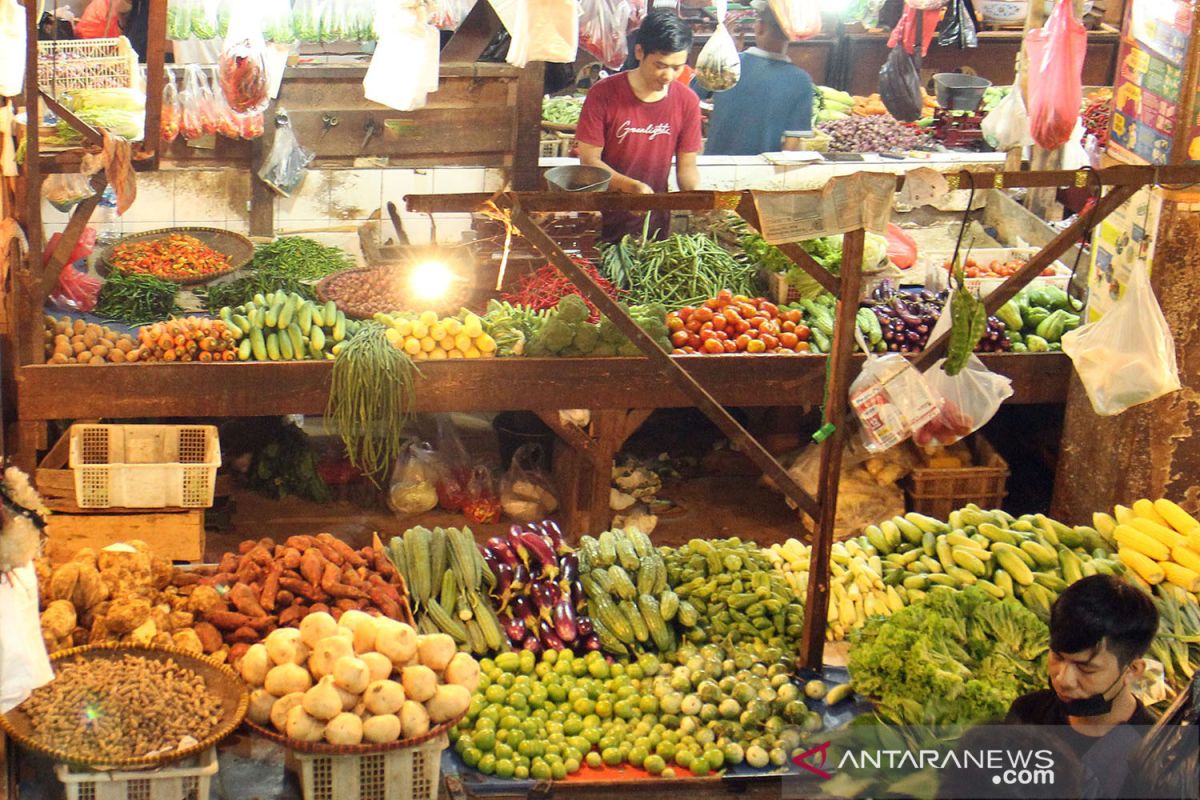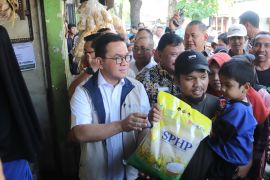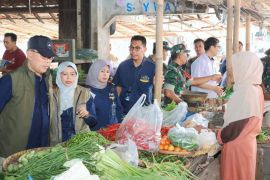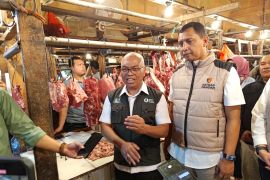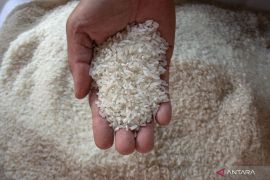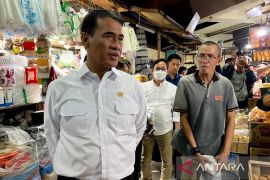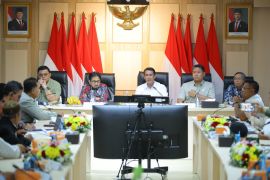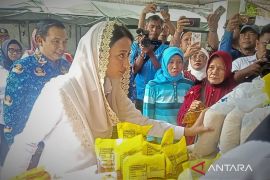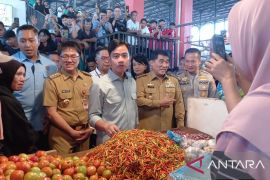Climate crisis posed a challenge for the agriculture industry to satisfy the global needs for foodJakarta (ANTARA) - A researcher cautioned the government to be cognizant of a likely food price hike in 2022, as uncertainty looms large over the planting and harvest seasons owing to the COVID-19 pandemic and La Nina phenomenon.
"Climate crisis posed a challenge for the agriculture industry to satisfy the global needs for food. The uncertainty of the planting and harvest seasons also posed a challenge for Indonesian farmers to process their crops and fulfill daily needs," a researcher for the Center for Indonesian Policy Studies (CIPS) Indra Setiawan noted in his written statement in Jakarta on Friday.
Despite the supply and availability of basic food commodities being stabilised, other imported commodities, such as garlic, sugar, beef, and soybeans, might experience price fluctuations, Setiawan noted.
Citing the strategic food commodity information centre (PIHPS), the researcher pointed out that the price of garlic and beef, both at Rp28,300 (around US$1.98) per kg and Rp113,250 (around US$7.9) per kg in January 2021, have hiked to Rp30,600 (around US$2.1) per kg and Rp120,050 (around US$8.4) per kg by mid-2021.
"The national commodity production and price fluctuations are a reliable indicator to devise a commodity control policy with sufficient accuracy. Moreover, we also need reliable food commodity data that would be frequently updated," he noted.
Difficulties in securing beef imports may cause price hikes in early 2022, especially during the Ramadan fasting month and Eid al-Fitr festivity when the demand for beef would surge significantly, Setiawan stated.
Ensuring sufficient stocks, primarily of imported commodities, is essential for maintaining food price stability, the researcher remarked.
"Chain of events causal to food commodity price hikes, particularly of imported commodities, must be carefully studied, as it could be used as a parameter in determining the right policy," Setiawan stated.
Accurate and accountable food production data is also essential for determining a commodity control policy and arranging import procedures to ensure the smoothness of the import process while protecting the farmers' output for market absorption, the researcher stated.
"We need to facilitate the process to import food commodities, as we need to ensure domestic food resilience by fulfilling the food demand at an affordable price," Setiawan remarked.
Related news: YLKI accentuates importance of food security on World Food Day
Related news: Food price stability momentum to strengthen MSMEs: BI
Related news: Indonesia's consumer price index contracts 0.27 percent in September
Translator: Ade Irma Junida, Nabil Ihsan
Editor: Sri Haryati
Copyright © ANTARA 2021
